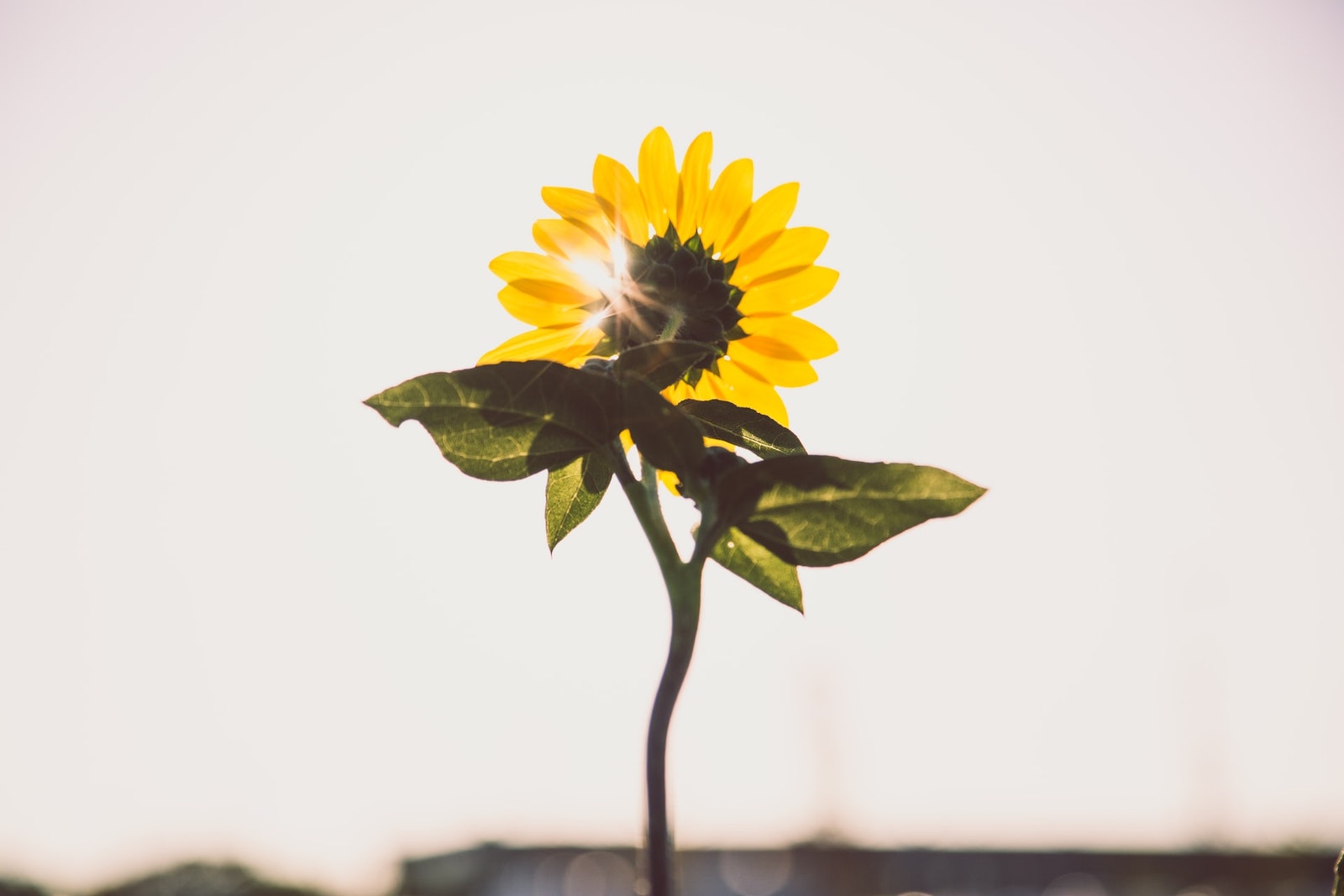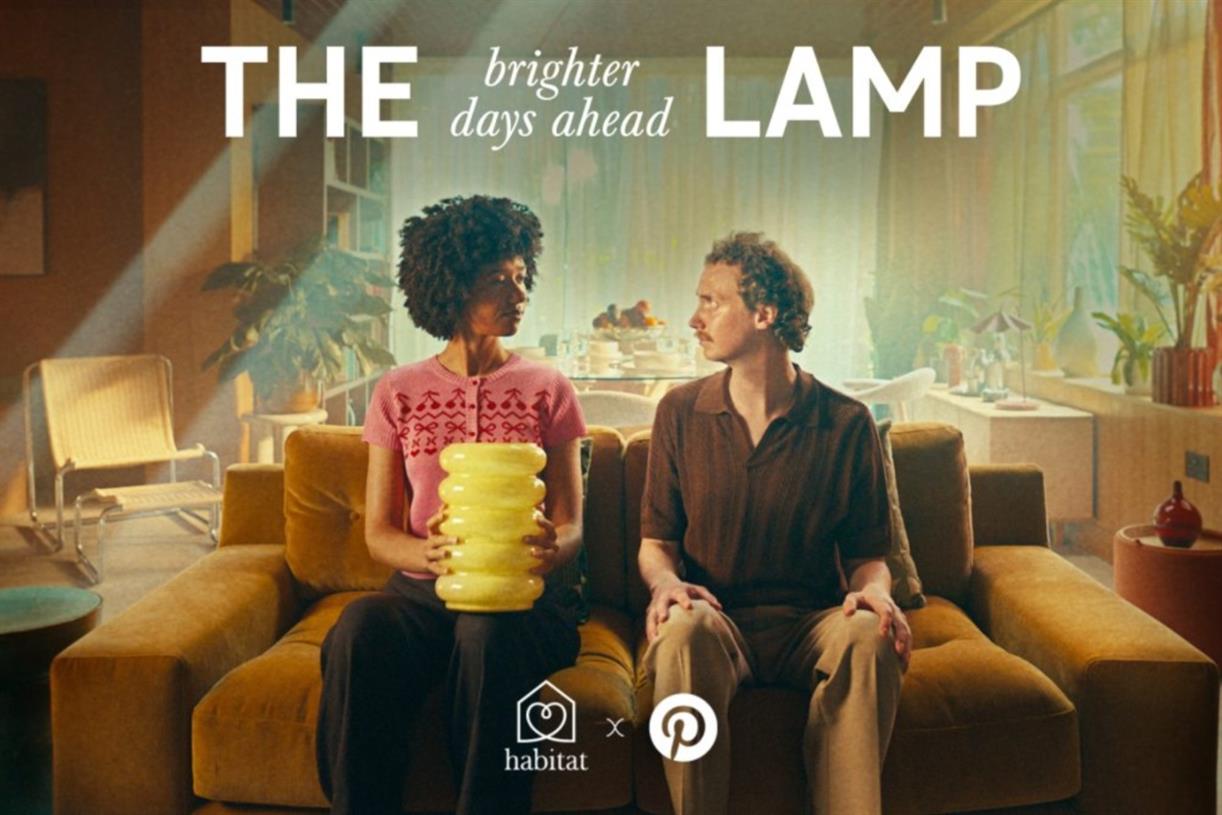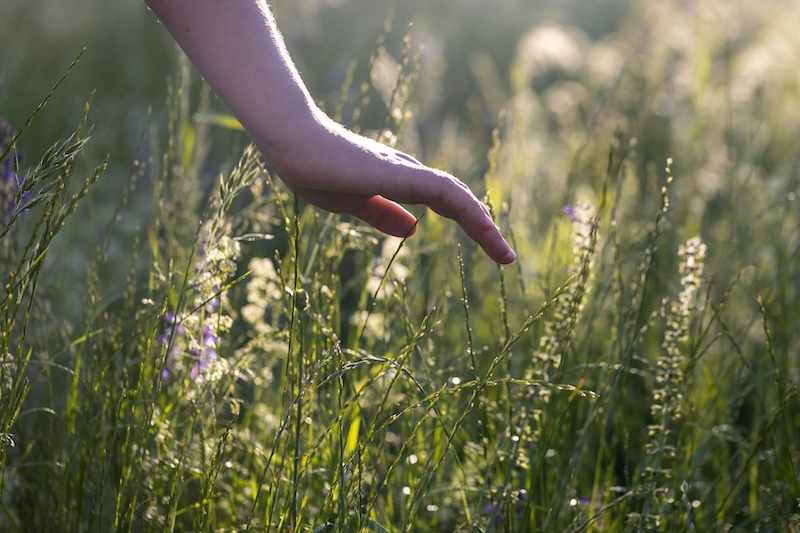Life Satisfaction Can Decline With Age — This Simple Habit Supports It
Your mental health will thank you.

September 13, 2023 Getting older brings with it the joys of wisdom, growing families, and more time for yourself—but it can also include more isolation, less movement, and sometimes, depression. Having a hobby, however, could be an important factor for elderly populations to stay engaged in their interests and keep active. Here's why, according to new research published in the journal Nature Medicine1.
Advertisement
This ad is displayed using third party content and we do not control its accessibility features.
Studying how hobbies benefit older adults
It's no secret that having hobbies offers a benefit to your overall wellbeing—you spend time doing something you enjoy, and there are bonus points if that hobby involves engaging with other people for social connection.
So for this study, researchers wanted to take a closer look at aging, hobbies, and the benefits of hobbies around the world, looking at data from over 90,000 people ages 65 and up, from 16 different countries.
The study authors define hobbies as "activities people engage in during their leisure time for pleasure," which could be anything from gardening, to joining your church choir, to doing crossword or Sudoku puzzles.
The researchers looked at data that spanned from four to eight years across five different longitudinal studies,
What they found
Based on their analysis, the researchers say that having a hobby is linked with not only fewer depressive symptoms, but also higher levels of happiness, self-reported health, and life satisfaction in people 65 and older. Further, these results were consistent even after adjusting for compounding variables like marriage status, income, and employment.
And, because the results didn't vary much from country to country, the study authors note that, "Given the relative universality of findings, ensuring equality in hobby engagement within and between countries should be a priority for promoting healthy aging."
The study's lead author, Karen Mak Ph.D. also notes that hobbies could be protective for aging populations against age-related declines in mental health. "Life satisfaction was most strongly linked to hobby engagement," she explains, adding that hobbies may contribute to life satisfaction in our later years "through many mechanisms, including feeling in control of our minds and bodies, finding a purpose in life, and feeling competent in tackling daily issues."
It's also worth noting that in countries where more people reported having a hobby, those countries also showed higher life expectancy and national happiness levels.
"Our research supports policymakers in promoting access to hobbies among older people as a way to enhance their well-being and health," Mak says.
Advertisement
This ad is displayed using third party content and we do not control its accessibility features.
The takeaway
Whether your favorite hobby is DIY-ing craft projects or getting together with friends for a card game, this research makes one thing clear: Don't let those hobbies go! As we get older, keeping up with the things that bring us pleasure can not only help us stay engaged and involved in our communities, but improve our mental health and wellbeing at the same time.
Advertisement
This ad is displayed using third party content and we do not control its accessibility features.

 MikeTyes
MikeTyes 

































